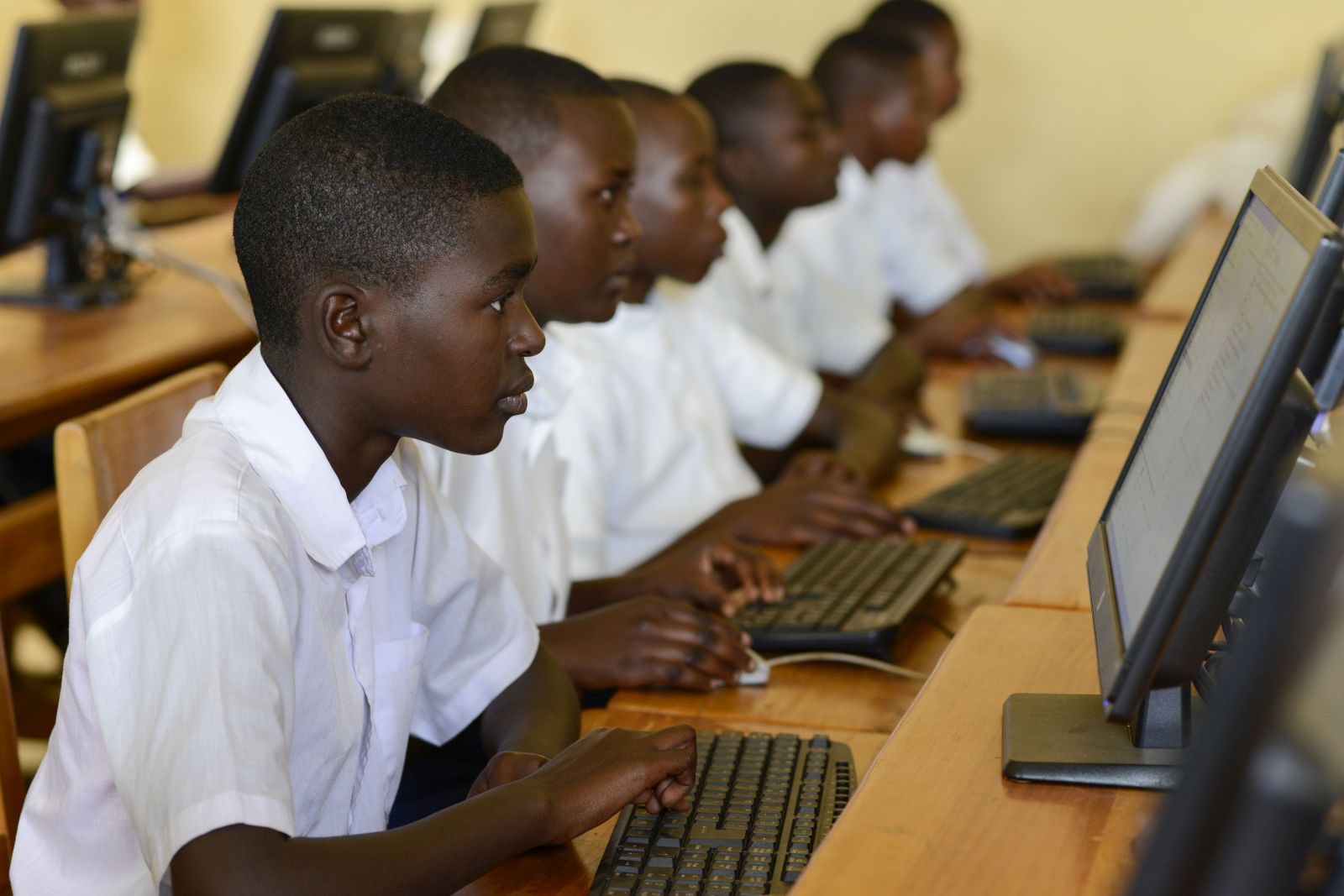Universities
Agents of change

Africans, Asians and Latin Americans with degrees from German universities tend to be in positions of leadership in their home countries. They drive change in government, society, environment and cultural life. Their nations benefit not only from what they were formally taught, but also from other experiences they made while in college.
Augustine Titani Magolowondo, for instance, studied in Bochum for five years and is now a consultant on democracy and governance in his home country Malawi. “I came to Germany almost by coincidence,” he says. He had been hoping to study in Britain or the USA when he learned about a new masters course in international development at Bochum’s Ruhr University. After graduating, he stayed in Bochum and acquired a PhD. He is a DAAD alumnus.
Germany impressed him, Magolowondo recalls: “I was not used to public and private sector institutions working effectively and reliably.” Accordingly, his expectations of what should be the norm in Malawi have risen. He admits, however, that he cannot make use of all his academic insights, because there is “a serious gap between the theory and the practice of democratic governance”.
In June, the DAAD invited alumni like Magolowondo to a conference at Heidelberg University, emphasising that they are “change agents” who drive progress in their nations. The DAAD wants to boost its own developmental relevance. In May, it passed a joint declaration with German universities for this purpose. The declaration addresses ten relevant issues, including:
- the extension of international cooperation in academic networks,
- better utilisation of German universities’ experience,
- the tapping of universities’ expertise for development cooperation,
- the improvement of higher-education capacities in partner countries and
- more effectiveness in regard to partners’ needs.
“We want to cooperate at eye-level,” says Margret Wintermantel, the president of the DAAD. “We are interested in supporting the ownership of our partners and provide opportunities for broad participation in developing countries when we run joint projects.” According to her, developing countries need strong universities, but the respective institutions all too often lack staff, buildings, libraries and other infrastucture.
Dirk Niebel, Germany’s minister for economic cooperation and development, likens education to a key that “no one can ever take away from you”. DAAD programmes get support worth some € 40 million annually from his budget. The sum makes up nine percent of the DAAD budget. Niebel says that partner governments in the developing world know they require expertise. He says he is often told: “We want our own experts, not yours.”
Some DAAD alumni find returning home tough. They say there is a “reverse culture shock”. At German universities, independent thinking is encouraged, but when people find their first jobs after graduation, they are expected to fit into a hierarchy – and the sense of seniority tends to be particularly strong in some developing countries (see interview with Seth Oteng in D+C/E+Z 2013/06, p. 234 ff.).
Students would appreciate support for re-integration into their home society. Since alumni networks can make a difference, they want the DAAD to invest in them. “In Chile, we do not learn how to network and how to pool experts’ competence, ” says Alvaro Diaz Bustamante, who is a post-grad student at Leipzig University and specialising in small enterprises.
The DAAD is prepared to rise to the challenge. President Wintermantel says: “We intend to collect data systematically to build and support more alumni networks.” In her eyes, social media platforms should prove most valuable in this context.
Sabine Balk













